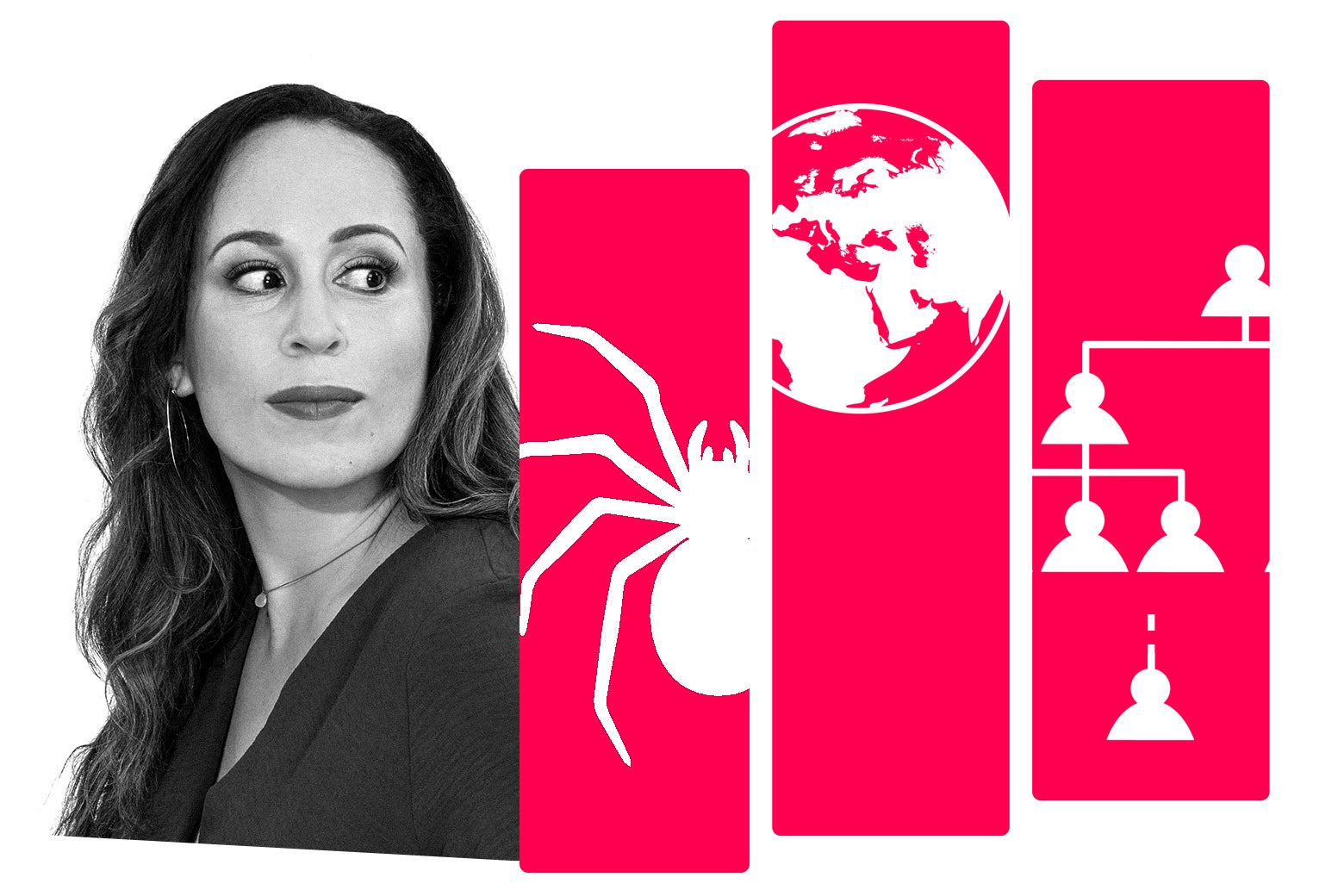
"I was in a similar situation-I moved to my wife's home country after seven years of marriage and two kids. We only stayed five years before we had to return to the U.S. So I can tell you that you'll settle in, but in my experience, one part will never get easier. But you'll always be treated as an "other." You didn't mention your ethnicity or ancestry, but Swedes live in Sweden, so unless your maiden name is Andersson or something similar,"
"there will be a bit of a barrier to full acceptance from the whole family. That's why I totally agree there's likely more going on here than just a language issue-especially with the older members of the family. My advice would be not to try to win over everyone. Maybe find a sibling or a few cousins to bond with, and have fun with the kids that are learning English in school."
"Most people don't go around learning Swedish as a second language in school. Your in-laws should be happy that you've gained enough proficiency to follow most conversations, and your husband should be commending you for that while reminding his family your compromise is very fair. That's similar to the compromise I've made with my own in-laws. And in the same vein as my point about ethnicity: even if you become proficient in Swedish, you'll never be a native speaker."
A spouse relocating to a partner's home country may settle in but still be perceived as an outsider by extended family. Ethnicity, ancestral names, and age of relatives can create barriers to full acceptance. Learning the local language improves participation in conversations but does not erase nonnative status or accent. Family members may switch to English despite grammatical competence. Targeted relationship-building with a sibling or a few cousins is more realistic than trying to win over everyone. Focusing on interactions with children learning English and relying on spousal compromises can ease long-term tensions.
Read at Slate Magazine
Unable to calculate read time
Collection
[
|
...
]